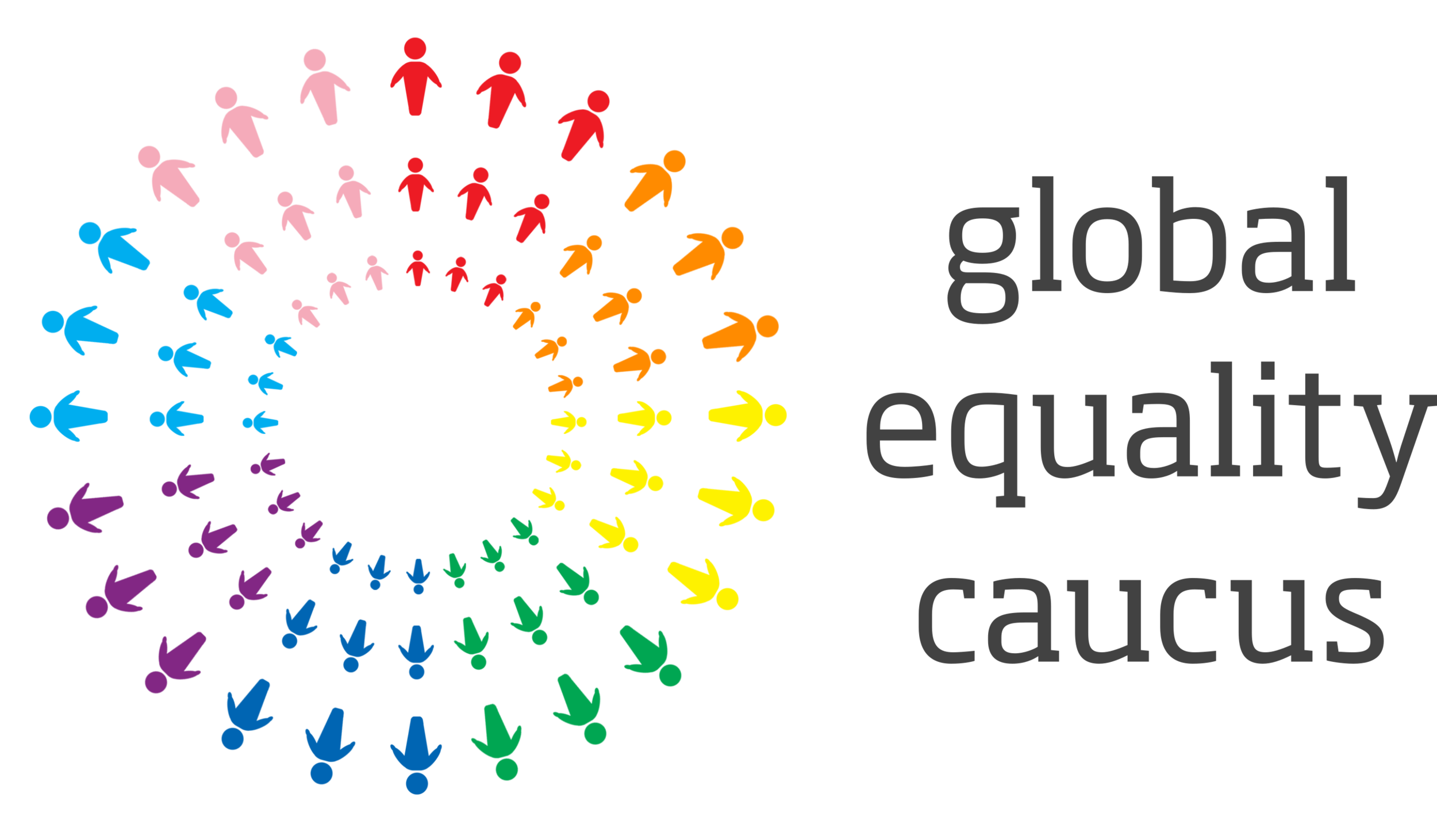Hungarian MPs establish national LGBT+ cross-party group
In news welcomed by the Global Equality Caucus, a bi-partisan group of 21 legislators in the Hungarian Parliament have established a national parliamentary caucus dedicated to the inclusion of LGBT+ people.
The formation of the cross-party group follows the model of similar informal groupings in the European Parliament, New Zealand, North Macedonia, Poland, the United Kingdom, New Zealand and the United States.
Dávid Bedő, chairman of the Parliamentary group for Diverse Hungary - LGBTQ people, said: “In the first cycle, the main focus of the group will be LGBTQ policy and building bridges between political life and civilians.”
Viktória Radványi, President of Budapest Pride, said: “Hungary clearly fights back against hate and scapegoating. The formation of an LGBTQ Intergroup in the Hungarian parliament gives us hope and strength to continue our work under these harsh circumstances. We are extremely proud that 37% of opposition MPs (21 people) have joined the intergroup. This is a great success for both the politicians and the civil society, and we hope that the intergroup will be an effective platform to stand up for LGBTQ rights and equality in Hungary.”
The rights of LGBT+ people in Hungary have been targeted by restrictive legislation in recent years and the establishment of this caucus is an important event.
Looking at the work of the different caucuses in recent years, we see the important role a caucus can play uniting the work for inclusion of the LGBT+ community. The LGBTI Intergroup of the European Parliament, for example, works closely with civil society organisations and actively campaigns on LGBT+ issues affecting Member States.
So far, the Hungarian LGBT+ caucus has been joined by MPs from the Democratic Coalition, Lehet Más a Politika, the Hungarian Socialist Party, Momentum Movement and Dialogue for Hungary.
The goals of the caucus are:
Promoting the dignity, equality, human rights and social acceptance of lesbian, gay, bisexual, transgender, queer, asexual and intersex people, actions against discrimination against LGBT+ people.
Continuous representation of the interests of LGBT+ people in the work of the National Assembly.
Maintaining contact with Hungarian, European Union and international LGBT+ rights activist and civil groups.
Liaising with national parliamentary LGBT+ rights groups dealing with European Union and international LGBT+ rights.
Drafting, representing and facilitating initiatives, bills, proposals and amendments related to the rights of LGBT+ people in matters falling within the scope of the duties of the Parliament.

